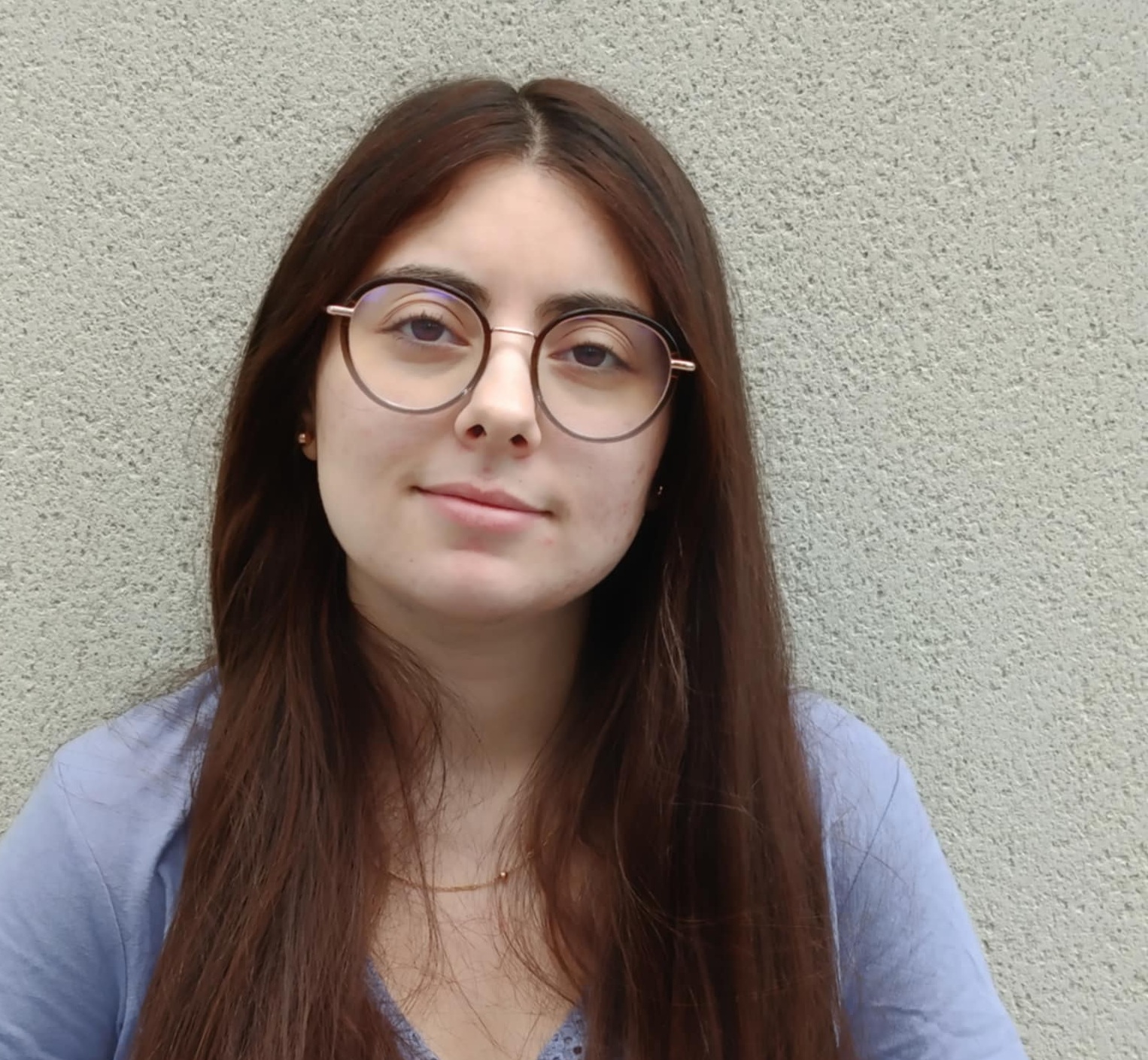- Host organisation: Charles University, Prague, Czech Republic
- Supervisors: Prof.dr. Prof. Jan Trka and Dr. Jan Stuchly
- Research project: DC2: In-depth analysis of phenotypic acute leukemia MRD dynamics using single-cell data and advanced computational techniques.
About me
"I aim to turn high-dimensional single-cell measurements into clear, testable models of cell fate and resistance, combining mathematical rigor and biological insight to detect therapy-resistant leukemic clones and map their developmental context".

My name is Alyssa, from Rennes in France, although I am Portuguese by nationality. I first studied Biology, specializing in genetics and cell biology, but I quickly became fascinated by computational approaches to understand complex biological data. This curiosity led me to pursue a Master’s degree in Bioinformatics at the University of Rennes, where I focused on high-throughput sequencing analysis, and particularly on single-cell transcriptomics.
What I enjoy most about bioinformatics is the way it connects raw sequencing data with biological meaning. During my studies, I realized how powerful single-cell approaches are to reveal cellular heterogeneity and to shed light on processes such as tumor evolution or therapy resistance. I also discovered that I truly enjoy working at the interface between biology, mathematics, and computer science, and that I want to continue developing expertise in this area.
Beyond the technical aspects, I value the fact that bioinformatics is both highly collaborative and constantly evolving. The field pushes us to adapt quickly, to learn new methods, and to combine perspectives from different disciplines. I find this dynamic environment stimulating, and it motivates me to keep growing as both a scientist and a learner.
Through the MIRACLE network, I now have the opportunity to pursue this interest in an international and interdisciplinary environment. My project focuses on analyzing minimal residual disease in acute leukemia using single-cell data and advanced computational methods. I am particularly motivated by the idea of reconstructing cellular trajectories and understanding how leukemic cells adapt and evolve under treatment, which I see as central to addressing therapy resistance.
What I value most about MIRACLE is not only the research focus but also the people and interactions it brings together. Being able to learn from experienced scientists, exchange with fellow doctoral candidates, and grow as part of a collaborative community is something I find truly inspiring.
I look forward to contributing to this ambitious project, while at the same time learning new approaches and strengthening my ability to combine computational analysis with biological interpretation. Ultimately, I hope that my work will contribute, even in a small way, to improving our understanding of leukemia and to developing better therapeutic strategies that could one day benefit patients.